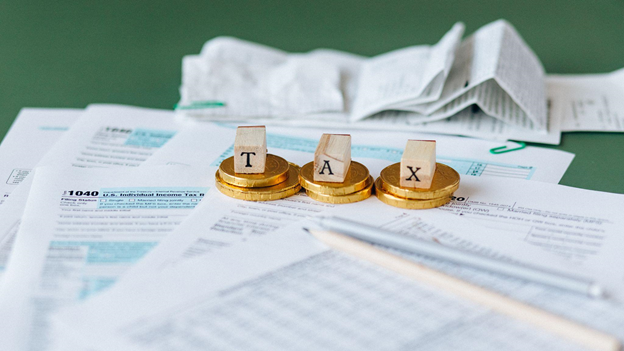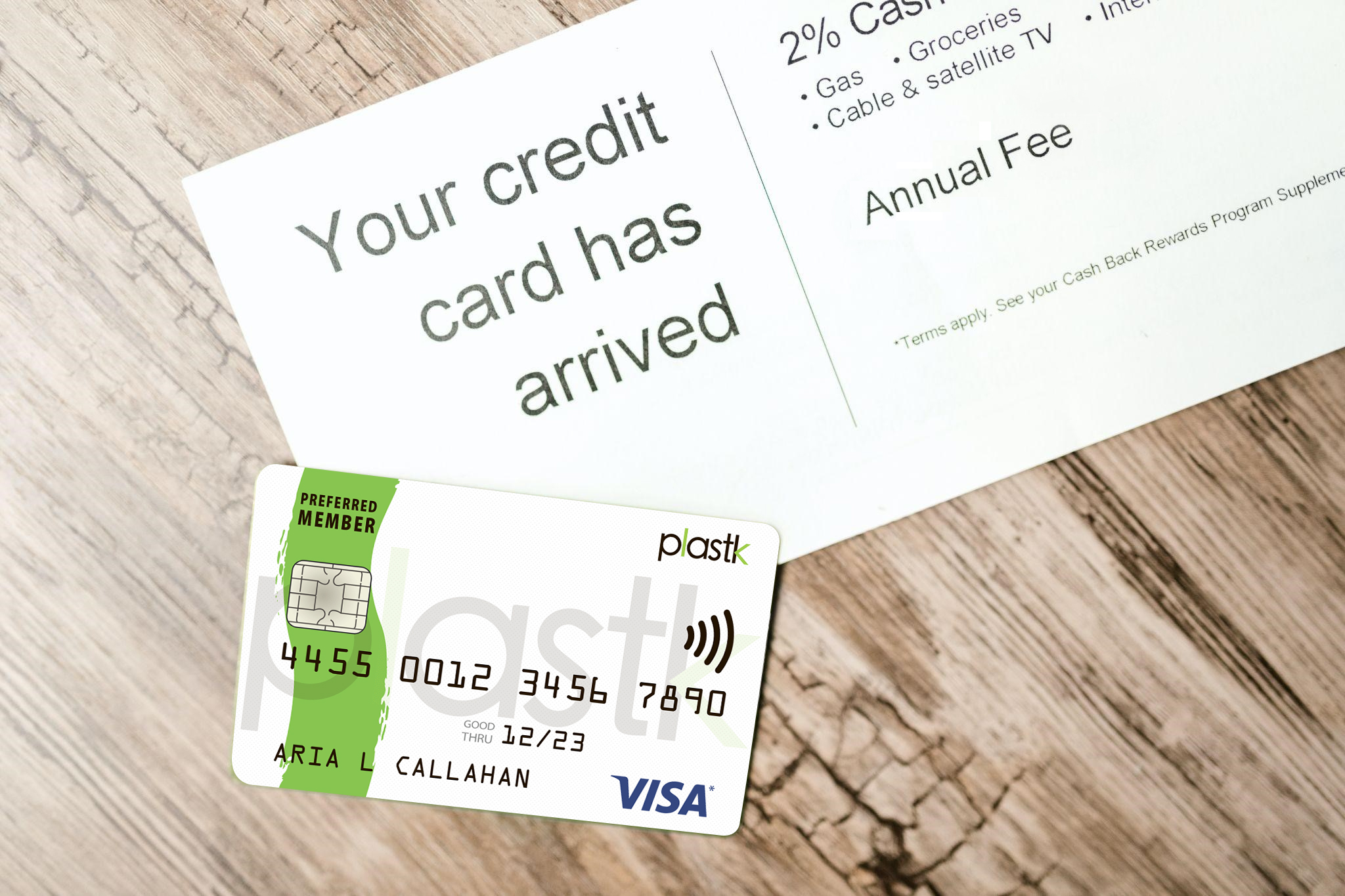Credit Tip Tuesday #62 Credit Score & Taxes: Helpful Things You Must Know

Knowing how your credit score relates to your tax rates has become even more important with the approaching tax-filing season. You no longer can avoid the elephant in the room just like the rest of the year because otherwise, you’ll be in deep trouble.
Moreover, as stable financial health is essential for your wealthy and healthy life, good tax knowledge can help you effectively build credit portfolio.
So, without further ado, let’s find out how your credit score and tax are related so that you can prepare for your future fillings without stressing out!
Credit Score & Tax: What’s The Impact?

Image Credits: Pexels
Are you prepared for the tax season? Is your credit tax ready? Huh? What? Do you need to prepare your credit for the taxes now?
If you use your credit card for billing, purchases, or even tax clearance, then yes, you need to know the impacts of the tax on your credit score and vice versa.
- Your CRA (Canada Revenue Agency) tax bill won’t directly affect your credit score and history. However, what ways you prefer to pay the said amount can greatly impact your credit life
- Credit reporting agencies usually don’t track tax payments and CRA bills, so they won’t appear on your credit report. However, if you use credit to clear your taxes, the failure to do can mess up your score and history
Moreover, paying the taxes late with the card can also ruin your chances of getting a loan or mortgage. Also, the worst that can happen is the seizing of your business or personal property.
So, can you pay taxes with your credit card?
Yes, you surely can (with specific apps and websites). But there might be advantages and disadvantages in doing so. Moreover, the official claims that you can only pay a certain tax amount with your credit card.
Nevertheless, the impact can be huge on your credit score. So let’s read what can happen to your credit score if you don’t pay your taxes.
What Happens To Your Credit Score If You Don’t Pay Taxes?

Image Credits: Freepik
The status of your unpaid tax can have a different impact on your personal or business credit score. So yes, your overdue business tax might do more harm to your business score than a personal tax would do to your personal credit score.
- According to CBC data, unpaid tax returns reached almost $44 billion. And, one can’t just avoid the possibility that this huge amount won’t affect the credit lives of so many Canadians
- They also suggested that almost half the amount is solely owned by the individuals and not the business or corporations
Thus, proving the statement that unpaid tax has a high chance of ruining your personal credit scores. Further explaining the tax impacts with the following:
1. Increased Interest RateIf you use your credit card for tax payments, you might have to pay an additional 2% fee, which will increase (the standard credit interest rate) every month you fail to pay the balance in full.
To be concise, you’re paying the tax with your credit card (interest rate), and missing the payment of failing to clear the large sum can cause the interest rate to increase as per the company’s policy.
The increasing fee will increase your credit balance, thus raising your credit utilization ratio.
And as we all know, a high credit utilization ratio only means a low credit score.
2. Maxed Out Credit CardEmma Balmforth at Finder explains that paying tax with your credit card can earn you some benefits like cash-backs, rewards, spending bonuses. But there are some downfalls to it.
For instance, you might also struggle with your credit limit. As you can’t really control your tax bill and the payments to clear it.
- Suppose your tax bill urges you to use more than 30% of your credit utilization ratio. You want to avoid the reduction of credit score, but you also don’t want to have any tax debt or unpaid payment
- You took a bad financial decision and decided to max out your credit card just to pay the tax
Yes, these are some effects your tax can have on your credit score, but it’s still in the repairable stage. You can follow helpful tips to improve credit score effectively without losing anything.
The worst that can happen is your tax claim showing on your credit report! But, yes, it can happen in some cases.
So, when can an unpaid tax claim appear on your credit report? Honestly, it depends! Here’s an explanation for a better understanding:
Can Unpaid Taxes Appear On My Credit Report?

Image Credits: Unsplash
Usually, the tax-collecting agencies (CRA or IRS; Internal Revenue Service) will keep all their consumer data confidential, but they can disclose or directly report to the official judges in case of unpaid taxes.
- Hoyes states that if a tax collection agency decides to launch a program to claim all that unpaid $44 billion tax amount, it can be a great deal for the credit owners
- The agency can file a complaint or claim a case against you in court. And, as almost all the court cases are public property, anyone can have access to the information
- Being the public information, it can or will show up in your credit report and payment history
There goes all your effort to get a credit card to build and improve your credit history for that personal or business loan you’ve been planning for.
What’s the real deal of showing unpaid tax on your credit report? Here’s what you need to know:
- Seized property: CRA can seize all your assets (tax lien) that has anything to do with the tax money
- Ruined credit report: Like any other hard inquiry, your unpaid tax claim will remain in your credit report or credit history for at least 5 to 7 years
- Freezing of bank accounts: The tax collection agency can also get a judgment from the court to withhold you from using your cards until you pay the taxes
- Tax money fraud: If your tax money is huge which is still unpaid, the CRA can get fraud warrants to seize everything you own or even sell it to pay the taxes
All these can directly impact your good credit score and perfect payment history. So, owing money to the tax collection agency is never a good idea!
Bonus: Click to read an interesting study on how you can use your tax refund money to improve your credit score.
FAQ
You might be interested in reading answers to some of the most common tax and credit score questions. Even if you’re not, they can definitely increase your knowledge, making you a credit expert and a tax pro. :p
Here you go:
1. What happens if you fail to pay CRA back?You can adjust your payments with the agency, and they might consider reducing your monthly payments. However, if you’re doing everything to straight out ignore the possibility of ever paying back. Now, that could be a problem.
2. Can credit score affect your tax return?
According to expert opinion, your credit score may interfere in many of your financial decisions but can’t directly have an impact on your tax return.
It can happen in some instances as the collection agency might contact your credit bureaus to confirm the consumer identity. Or, they can also verify with your company so that nothing confidential or hurtful (to your credit life) shows on your credit report.
So, in such cases, the credit bureaus can answer their questions using the data on your credit report.
4. Can CRA/IRS pull a soft credit inquiry?Yes, they can undergo a soft credit check of your profile to verify your identity. Hence, only you receive the confidential tax details (to avoid tax fraud or identity fraud). In other cases, they might also run hard inquiries if you have a substantial unpaid tax debt.
5. Which credit bureau is used by the tax collection companies for consumer information?Depending on your location, the CRA can generally ask Equifax, TransUnion or Experian for identity verification. In contrast, the IRS can access the data from Experian.
Bottom Line
Tax-filing can be quite devastating if you don’t know how to do it perfectly. In fact, it can also leave a bad impact on your credit score if you fail to use your credit card effectively to clear the tax bill.
However, it’s not that difficult. And, we’ll be covering a whole series on guiding you about the tax-filing procedure and tax payments as a whole.
So, stay tuned and keep visiting Plastk blog to read more such helpful content.


